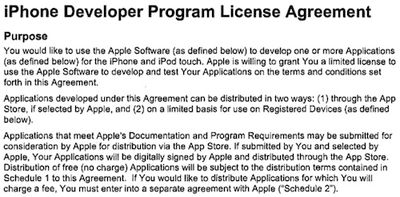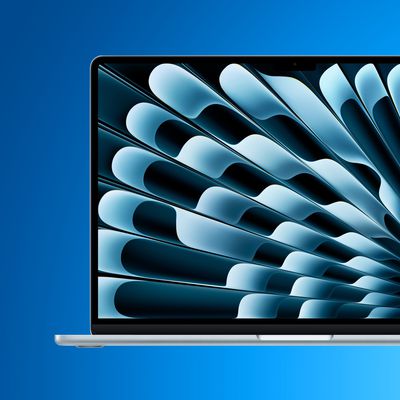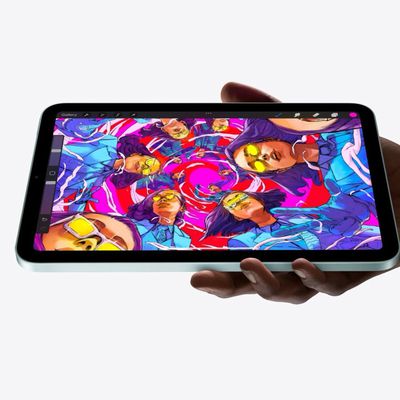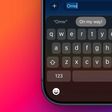
The Electronic Frontier Foundation (EFF) yesterday announced that it had obtained a copy of Apple's iPhone Developer Program License Agreement and published it for public consumption. While the contents of the license agreement, which governs the relationship between Apple and App Store developers, should obviously not be a surprise to the many developers already participating in the program, details of the contract have until now been kept relatively shielded from the general public due to nondisclosure agreements associated with the contracts.
The EFF was able to work around this constraint by petitioning NASA, a U.S. government agency and developer of an official NASA iPhone application, under a Freedom of Information Act request. NASA responded with a copy of the 28-page March 2009 version of the agreement.
Overall, the Agreement is a very one-sided contract, favoring Apple at every turn. That's not unusual where end-user license agreements are concerned (and not all the terms may ultimately be enforceable), but it's a bit of a surprise as applied to the more than 100,000 developers for the iPhone, including many large public companies. How can Apple get away with it? Because it is the sole gateway to the more than 40 million iPhones that have been sold. In other words, it's only because Apple still "owns" the customer, long after each iPhone (and soon, iPad) is sold, that it is able to push these contractual terms on the entire universe of software developers for the platform.
The terms of the agreement are not particularly different from those discussed in many places since the iPhone developer program was initiated, but it is interesting to view the actual text of the agreement, and the EFF points to a couple of interesting terms included in it.
- Developers are prohibited from making any "public statements" about the terms of the developer agreement, which is obviously the driving factor that has kept the complete details out of publication for so long.
- Developers using the iPhone SDK may only distribute their applications via Apple's App Store. Use of any other competing App Store for the iPhone platform for distribution is forbidden, even if an application has been rejected from the App Store.
- Reverse engineering of the iPhone OS or SDK is not permitted, and developers are not permitted to "disable, hack, or otherwise interfere" with security provisions on any Apple technology, such as jailbreaking their iPhones.
- Apple's monetary liability to developers is limited to only $50.
The EFF is a donor-funded non-profit organization focused on digital rights, and has been critical of Apple in the past over some of the company's actions. The foundation has even gone so far as to offer legal defense to several sites sued by Apple over leaked product details.
Update: The EFF has now posted a January 2010 version of the agreement.


















